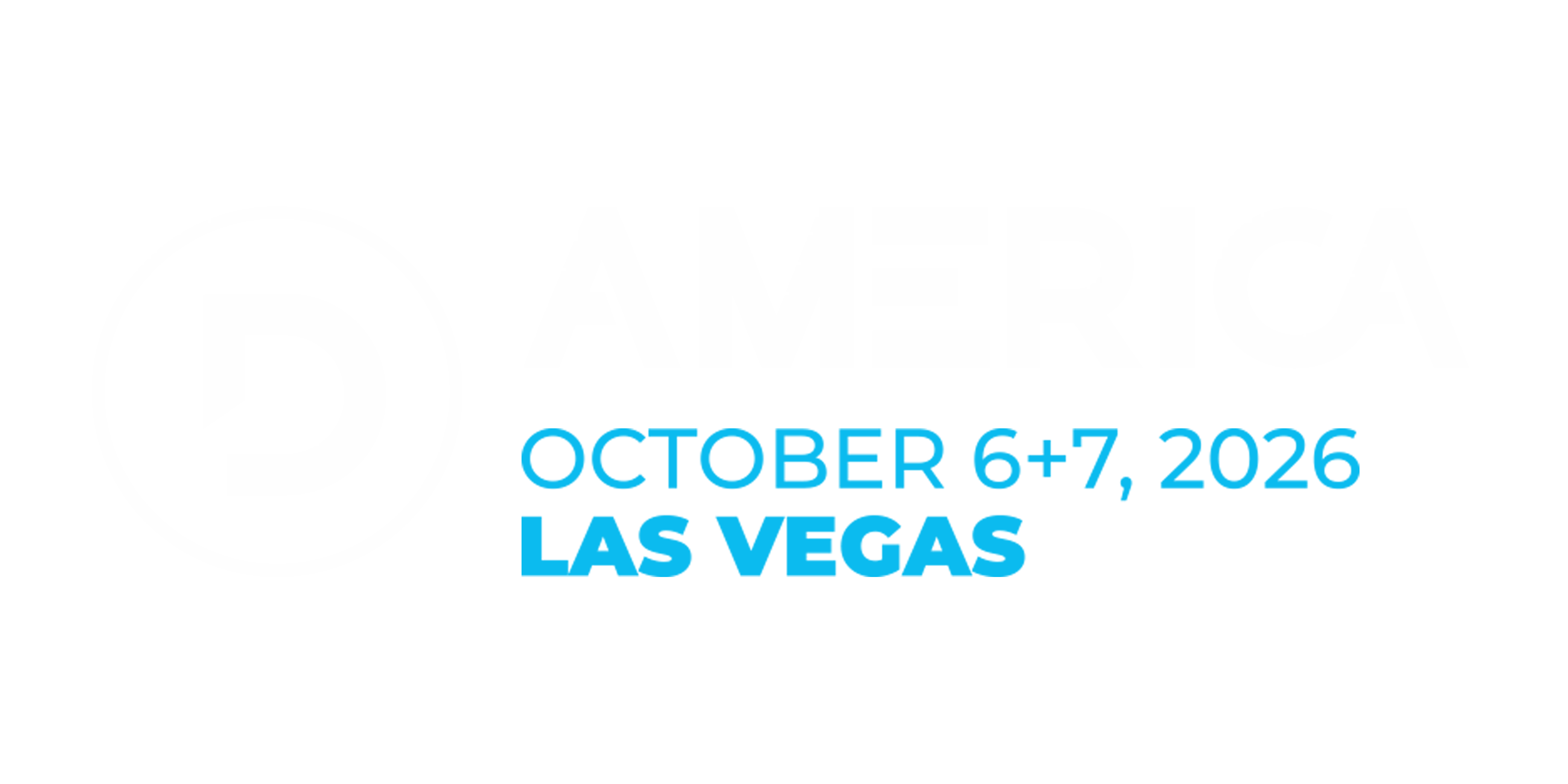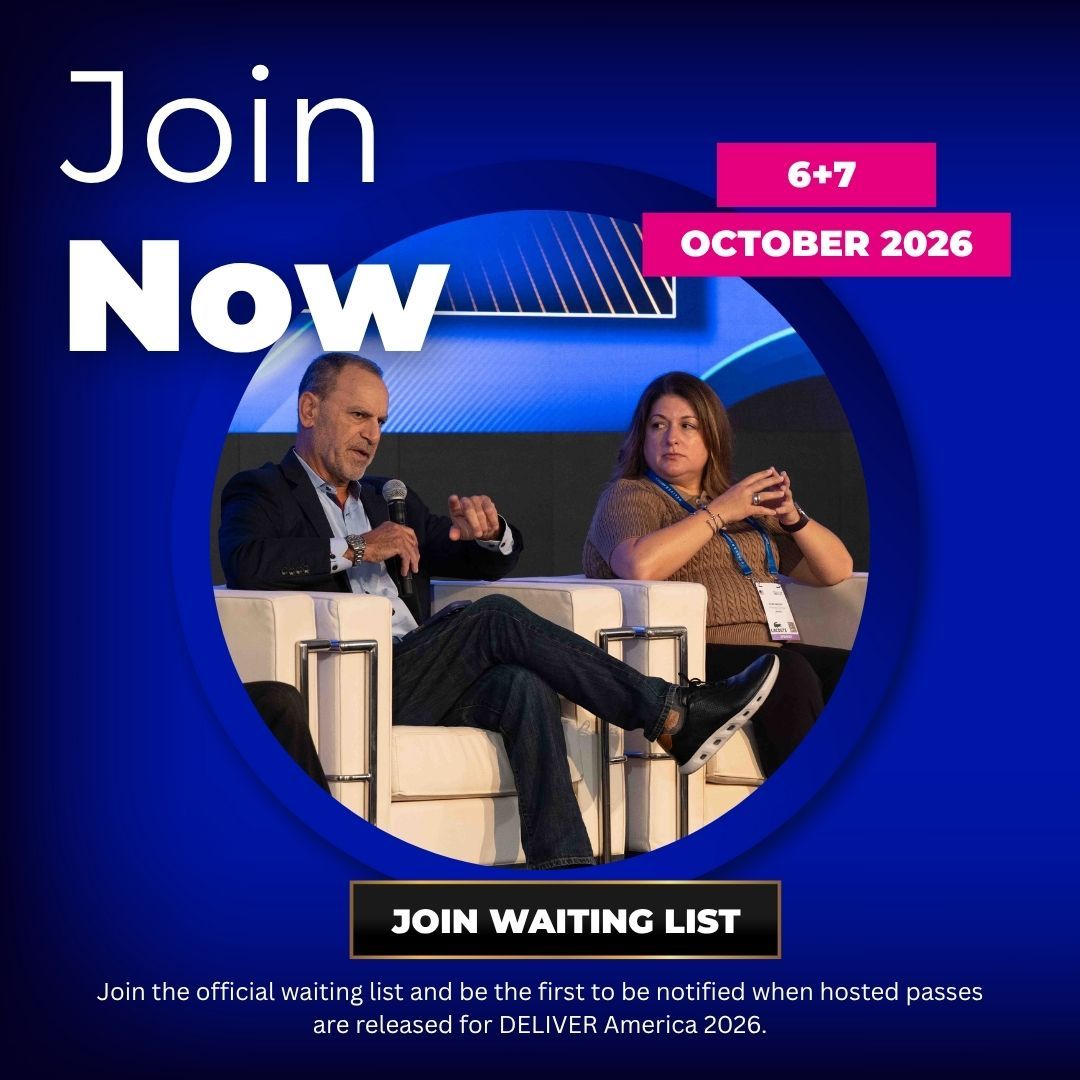Bonus Insights: Avedis Seferian – President & CEO, WRAP
)
Avedis Seferian, the President & CEO of WRAP, is a recognized expert in the area of responsible sourcing, with extensive knowledge of social compliance issues within the highly complex worldwide supply chains of the apparel, textile and footwear sectors. He often speaks on topics in this field at different forums around the world and contributes to many leading trade publications and news outlets.
WRAP (Worldwide Responsible Accredited Production) is the world’s largest independent, factory-based social compliance certification organization. It works with leading brands and retailers, and thousands of production units globally.
WATCH his DELIVER America 2023 Keynote: Social Compliance in an Era of Mandatory Human Rights Due Diligence
DELIVER:
On a human level, what your organization deals with is so enormous and so complex. So where do you begin, in terms of accountability for factories – and all through the supply chain?
Avedis Seferian:
What a great question, and a lovely place to start. It brings to mind something Teddy Roosevelt once said: “It's simple – you do what you can with what you've got where you are.” That's not to suggest you start small. But there is no value in trying to boil the ocean, you're not going to be able to solve everything all at once. The true value comes from fostering an environment that builds up to where you want to get to; recognizing, by the way, that there is no finish line. The journey is the destination.
There are all kinds of challenges in supply chains, and all kinds of problems. And we want to address the social piece of it, because ultimately, that's fundamentally important. And within that social piece there all kinds of manufacturing challenges. We've said we're going to stick to the sewn products industry; it's the most labor-intensive manufacturing sector, the most salient with regards to challenges with working place conditions. And even narrower still, our focus isn't on any aspirational pie in the sky. We want to make sure that all of them meet the minimum standard. What we are determining is, are these places safe, lawful, ethical and humane in their manufacturing practices? In other words, is it a place where you'd be okay if your kid went there to work?
A great parallel I always draw is just plain old driver's licenses. Every country has a system that licenses drivers. And they're not checking to see that this guy is a Formula One racer. They're making sure this person knows how to operate a motor vehicle. That basic requirement is met. Now, some people are going to be great. Some people are going to be not too good. But everyone should be at least minimally competent. That's the value. And that's the basic starting point: make sure your factories are at that level, minimally competent. Which sounds like an obvious thing. But the reality is that's not the case. We have too many factories in the world that don't even meet that standard.
DELIVER:
Is it possible to have a uniformity of approach, or consensus, about what that minimum level should be, given the different cultural and legal perspectives of the different countries you work with?
Avedis:
That's another great question, and a very nuanced one, because there is no single level in terms of a specific requirement being the same everywhere. What you are setting as the minimum level is whatever the law requires in that jurisdiction. There are two reasons why this is important. Number one, what you get paid in the UK as the minimum wage is not the same as what we get paid here in the US, or in Guatemala, or in Bangladesh or elsewhere. So you want to make sure you're not being accused of cultural hegemony. We're not trying to impose any kind of Western, or otherwise outside values, onto these organizations. We're fundamentally a rule-of-law program; we believe that as a society, we're going to make sure that you can validate to us you are in compliance with your country's rules and regulations. Now, that is the broad philosophical framework; there are certain floors and ceilings that we are imposing because they come from multilateral organizations, fountainheads. For example, the minimum working age as established by the ILO (International Labour Organization) in convention 138 is 14 for developing economies, which is mostly what we're dealing with. If there is no law on the books, you default to that. So local laws are the foundation with these internationally accepted minimum standards as the floors and ceilings, as appropriate.
DELIVER:
When it comes to enforcement of these requirements, would you say this is more of a ‘soft power’ approach?
Avedis:
The irony is that organizations like mine ought not need to exist. If every country had the ability to validate all their factories and their jurisdictions, and had the sort of resources to inspect all factories, we shouldn't need to do that. Because all we're saying is, you know, obey your laws! But not every country in the world has the resources to inspect all their factories. So we need private organizations like ours, but that's all we are: a private entity. We have no ‘police’ power. And our program is set up in a way that we don't raid factories – they actually come to us to say, “We want to be able to prove to our prospective buyers that we are kosher. And so please inspect us. And if we meet your standard, issue a certificate that we can show these buyers.” And that's the value of that soft power. It enables us to position ourselves as more carrot than stick. You want to get a job driving a bus, you’ve got to have a driver's license.
Now, there are stick aspects to it. Obviously, we decertify bad factories. We inform their buyers if they violate our principles after being certified. But it's mostly meant to elevate the value of being able to show responsible behavior as a business imperative.
DELIVER:
What happens when factories don’t have the capital to be able to raise that standard?
Avedis:
You've hit upon the single biggest problem we have: the way businesses are set up in this industry, and many others, is on a short-term thinking basis. If you're publicly traded, you’ve got quarterly reports, pressure on your stock price, which makes it hard to look at anything through an investment lens, because your horizon for being able to assess return is limited if you have to shoulder the impact in the next quarter. Many factories are not set up with long-term capital investment in mind; it's not that hard to set up a sewing factory, you don't need much capital. But they are under-capitalized and often go payroll to payroll; they need that next order to keep the machine going. If you are stuck in that rut, you have a problem. Because when something is essentially presented to you as a cost, the natural human logical reaction is “how do I avoid it?” Whereas if you are able to think of something as an investment, as long as the return is more than that cost, that cost is worth it. But you need a longer timeline to be able to have that analysis be an option for you. And we often don't have that in these in these settings.
So what do you do? It's tough, but the good news is we are increasingly entering an era where good working conditions are no longer sidebar ‘nice-to-haves’. There are now mandatory requirements to do business. We're evolving in our mindset. But you have hit upon that fundamental pain point: how do we get factories and brands and retailers to see these situations as long-term investment opportunities rather than cash that just needs to be minimized?
DELIVER:
Are you ever surprised by the rapidity of a factory or company embracing these standards, and perhaps seeing returns on that sort of investment faster than they anticipated?
Avedis:
The only thing that surprises me is that sometimes I'm surprised they are. Because it shouldn't be surprising. It should be something that you can understand and predict, but it often works out even better than they expect. We have 3,500 factories in our program, and every year, the vast majority of them come back. 85% renewals: that's tough to meet, but these guys get it, they understand the value. Find the pump, and the rest flows. Because the logic is sound, the reality is clear.
DELIVER:
In such a complex supply chain, how do you successfully identify levels of accountability, and encourage the actors in those different links in the chain to take responsibility?
Avedis:
I love that question. And it speaks to a recognition on your part of a fundamental flaw with how a large part of our society has approached this. And that is this expectation, which you hear coming from activist civil society organizations – and unfortunately from some governments as well – that you can point to one piece of the puzzle and say, “There's the problem, we fix that and everything gets better.” And that's just flat-out wrong. But this is an extremely complicated supply chain, very diffuse, very spread out. And the idea that some regulators and NGOs have, that the buyer, the brand, the retailer is this apex predator and controls all of it, is nonsense. But that's come to roost in the public imagination.
This is not to suggest that you can't impose accountability, or that it's a lost cause. But the truth is that you have to work that much harder, because you cannot expect accountability at just one piece of that chain. To solve it all, you have to impose it at various points in various ways, including all the way to the consumer. The consumer has been fed, and in turn has himself or herself fed this cycle of consumerism. You have to break the cycle somewhere. And it starts by recognizing that some of the responsibility is at the consumer level, some is at the government level. Some of it, of course, is at the brand, retailer and manufacturer level. The point is that these various links are all part of that supply chain. And as the old adage has it, a chain is only as strong as its weakest link.
And this is what makes it really hard: you have to make sure that the series of incentives all work together; you can't have governments demanding things that are impossible. Or manufacturers saying they are not going to do stuff that they have to, or brand behavior doing damage to brand expectations: things like audit fatigue, and buyers just imposing unnecessary costs on factories. There's all kinds of responsibility at every step along the way, and you have to have accountability for each.
DELIVER:
How can companies anticipate the sort of auditing they're going to need to do in the future in order to respond to new legislation in a rapidly changing industry?
Avedis:
For all the challenges these new legislative movements bring, I think one pretty big silver lining is the clarity, that they're all coalescing around, that requires supply chain due diligence practices to be independent: be credible, be verifiable, but independent. And the message to the buyers of the world is, “Look guys, you can't continue this audit fatigue-inducing practice of insisting on a buyer doing your audit just for you, despite having a certification from WRAP or elsewhere, just because you want your own audit done.” These factories aren't working exclusively with that one buyer. They have 20 different clients, and they can't have to do 20 different audits, it makes no sense. These laws are clarifying that we're not going to be able to just take your own homework, that you created yourself, as proof that you've checked your supply chain. That's the fox guarding the henhouse – you need independent programs. And the good news is there's only a handful of credible independent programs out there. WRAP, obviously, I feel is the best one out there. You'd be surprised if I thought otherwise. But we are unique in that we're a certification program, which is itself an additional value – we actually validate the standard has been met before we certify. So if there's a non-compliance, we're the ones that follow up and make sure that it gets corrected.
We're not in the supply chain. We have no dog in the fight. I don't buy or sell clothes. I just check the factory that's making them is doing so in a lawful, humane, ethical and safe manner.


